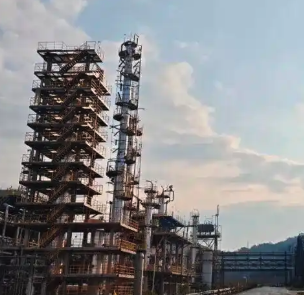
February 26, 2026
According to the Longyan Municipal Government website on February 26, the Xinluo Zhuoyue Xinneng Meishan Bioenergy Project has been progressing steadily since…
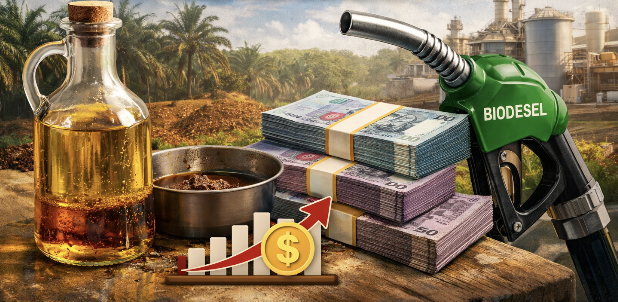
February 25, 2026
Indonesia has formally urged the European Union to immediately comply with the World Trade Organization (WTO) ruling in the DS593 dispute concerning…
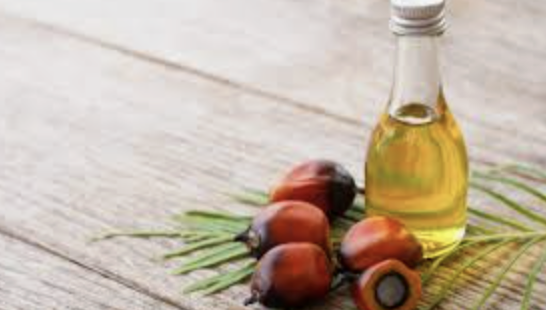
February 24, 2026
The Malaysian Palm Oil Council (MPOC) stated that palm oil prices are expected to consolidate within the range of 4,000 to 4,300…
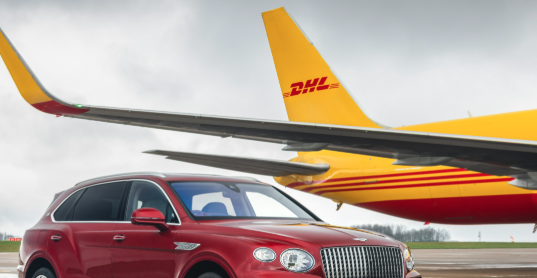
February 24, 2026
On February 19, Bentley Motors announced that it will adopt Sustainable Aviation Fuel (SAF) for all customer vehicle air freight operations worldwide.…
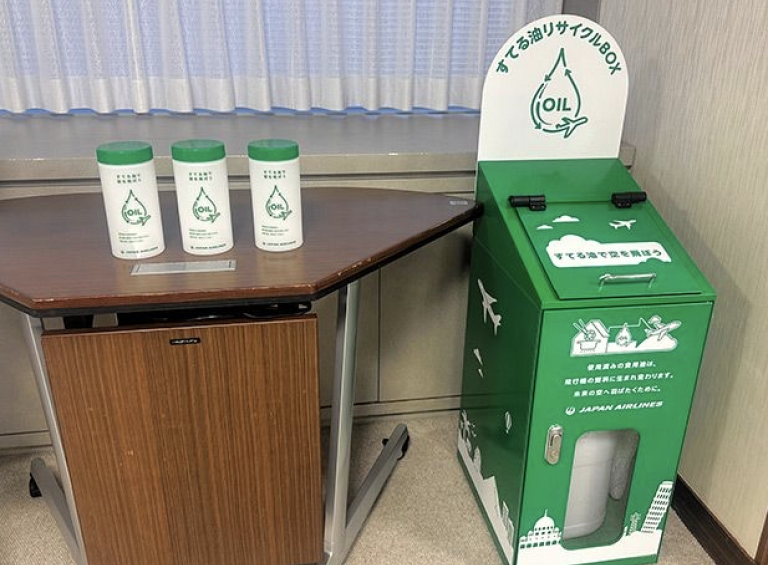
February 17, 2026
Japan’s Cosmo Oil has signed an agreement with the city of Shimonoseki to collect used cooking oil (UCO) from households and businesses…
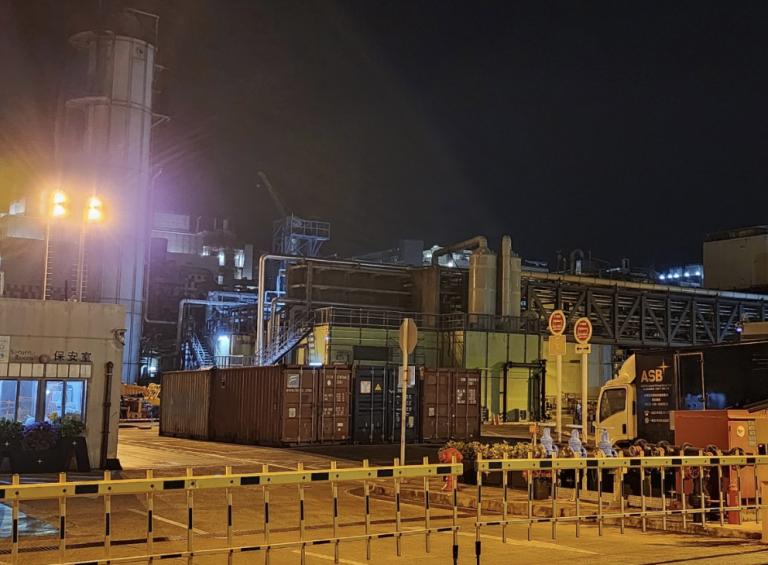
February 7, 2026
According to a report by Hong Kong Radio on February 8, an industrial accident occurred at a biodiesel company in Tseung Kwan…

February 3, 2026
Evandro Maggio, CEO of Toyota Brazil, announced on February 3 local time that Toyota will establish a biofuel laboratory in Sorocaba, São…
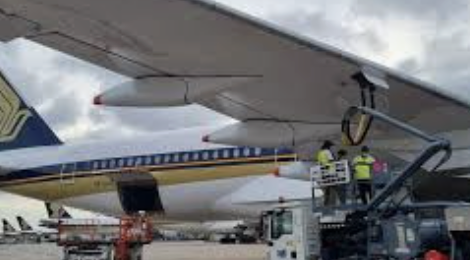
February 1, 2026
Singapore has launched its first voluntary, nationwide Sustainable Aviation Fuel (SAF) pooled procurement pilot, marking a key step toward implementing SAF-related policies.…
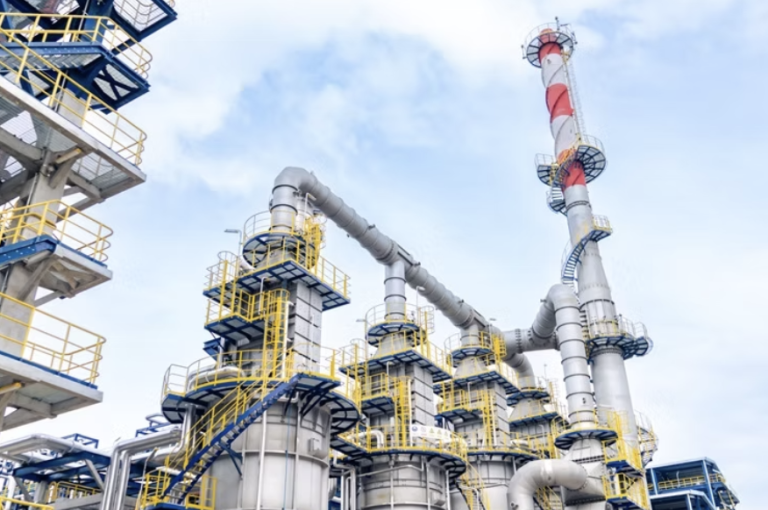
January 31, 2026
The growing debate over biodiesel imports has exposed deep divisions within Brazil’s fuel market and government. Fuel distributors are pushing for imported…
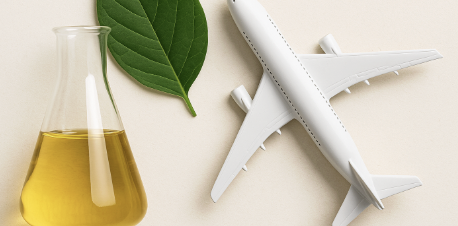
January 29, 2026
Europe’s growing political and economic instability is emerging as a decisive — and largely negative — variable for the future of Sustainable…










